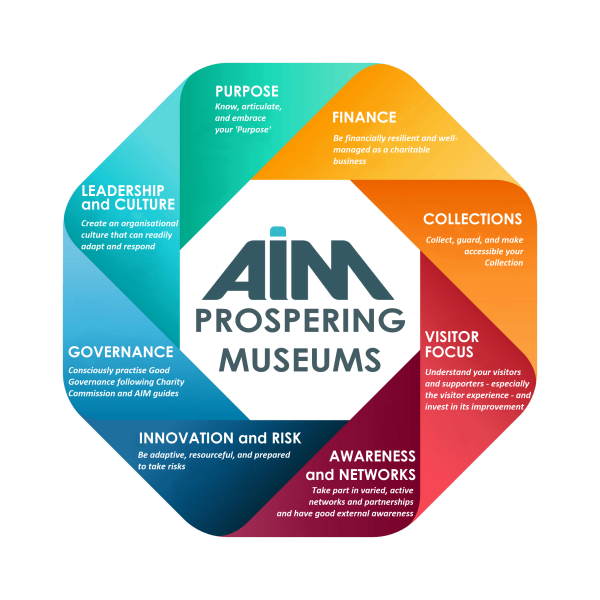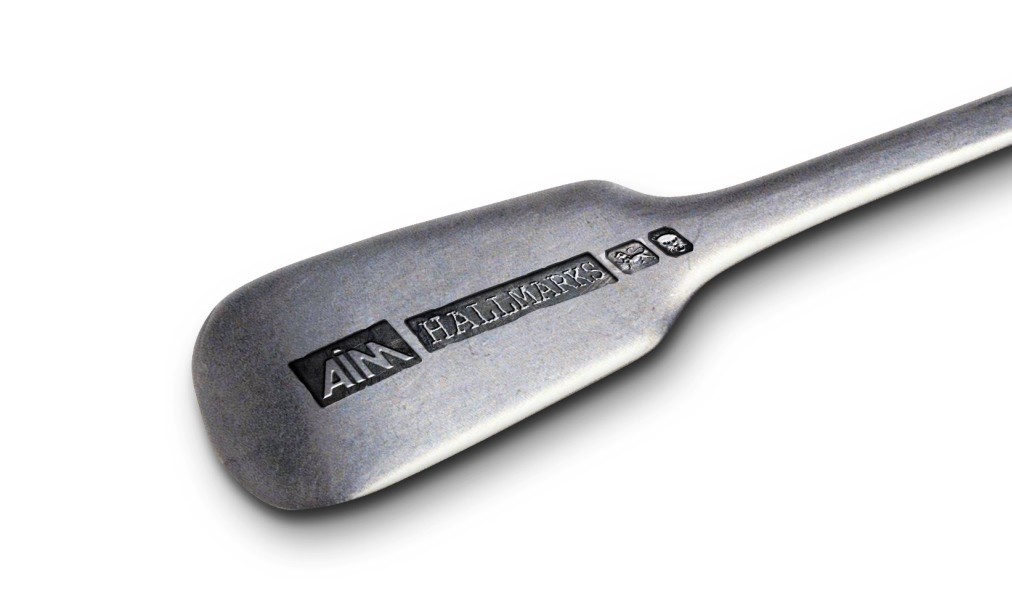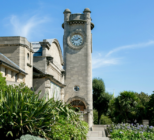The AIM Hallmarks of Prospering Museums is a framework to help identify the key characteristics of best practice and describes the set of behaviours that make museum and heritage organisations prosper and thrive.
AIM states that from its experience the success of museums and heritage organisations is not down to particular size, funding or whether museums are led by staff or by volunteers but instead common characteristics rooted in how the organisations think and behave, their culture of resourcefulness, passion and willingness to try new things – ‘the things that give them their independent spirit’.
The Hallmarks distil and share the experience of two generations of leaders of these independent, innovative and imaginative museums, combined with respected thinking and research. The publication of the Hallmarks is part of AIM’s long–term strategy to share this thinking and culture. As part of the strategy AIM will be examining each Hallmark over the next few years, sharing case studies, new and existing resources and insights, and support more museums in developing the Hallmarks for themselves.
AIM’s Vice President and Director of London Transport Museum, Sam Mullins, said: “The AIM Hallmarks offer museums a framework to develop eight different elements which, if successfully combined, will enable their own organisation to grow strong and healthy – indeed to prosper.”

The Hallmarks incorporate areas that will be familiar to many museums – collections, visitor focus, finance, governance and networks and awareness. They also include areas that are less tangible but which are vitally important to creating prospering museums – purpose, leadership and culture and risk and innovation.
In these areas AIM will be supporting museums, through a three-year programme funded by Arts Council England. The programme includes: in-depth learning opportunities for people leading museums and for people whose role is to support museums, exploring how purpose and organisational culture can be developed within organisations in order to underpin their success; a programme of support for Boards to develop their effectiveness in going beyond their legal responsibilities to help their organisations prosper; a network of support for museum trustees, and a £175,000 investment programme. The learning from the programme will be shared widely through new resources, which will be freely available to all.
While the ACE-funded programme elements will initially be for English museums, AIM is working to ensure as much as possible is accessible to all UK museums over the course of the three years.









